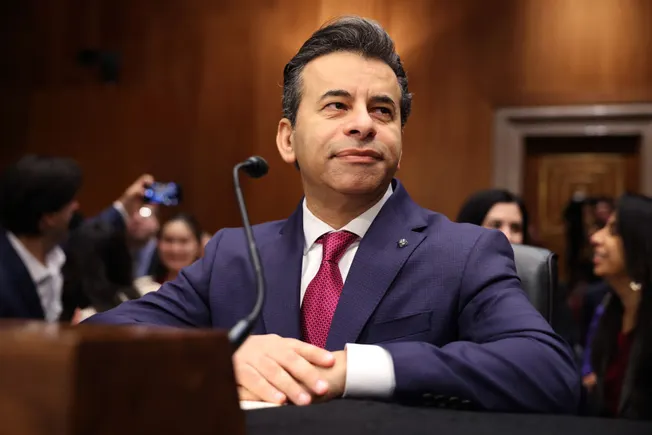FDA Commissioner Dr. Martin Makary recently unveiled a bold proposal to expand the agency’s authority in expediting drug reviews. The plan aims to evaluate new medicines addressing U.S. “national interests,” such as health crises, within just one to two months. This initiative is an extension of the existing “priority review” program established in 2007, which offers companies bringing to market treatments for rare infectious or pediatric diseases a voucher to accelerate subsequent drug reviews.
The new program, still in its pilot phase and lacking congressional authorization, will initially provide a limited number of vouchers to companies aligned with U.S. national priorities. These priorities include combating health crises, delivering more innovative cures, meeting unmet public health needs, and enhancing domestic drug manufacturing for national security reasons.
To qualify for the voucher, companies must submit the manufacturing process portion of their application, along with proposed prescribing information, at least 60 days before the final submission. They must also engage in ongoing communication with the FDA and be responsive to requests for additional information. The FDA reserves the right to extend reviews if applications are incomplete, study results are unclear, or the review is particularly complex.
Under the new program, drugmakers can pre-submit most of their data package, excluding pivotal trial results, to facilitate a quicker review process. While the vouchers issued under this initiative cannot be sold, they remain with the drugmaker in the event of an acquisition.
The FDA, operating under the Prescription Drug User Fee Act, typically has 10 months to make an approval decision once a company files an application. This timeframe is reduced to six months for companies granted a priority review. The agency now aims to further expedite reviews to one to two months by convening specialized teams akin to multidisciplinary oncology tumor boards to swiftly evaluate and decide on the best treatment course.
Rick Weissenstein, a Washington analyst, noted that the new program appears to draw elements from existing FDA pilots and regulatory pathways, such as the Real-Time Oncology Review and STAR program. The program’s value lies not only in reducing review times but also in the explicit commissioner-level interest and inclination toward fast approvals.
This program, akin to the process for awarding National Institutes of Health grants, represents a shift toward government selection of winners, as opposed to the current priority review voucher program that rewards success without pre-selecting participants. Makary also emphasized that the new program will enhance communication between applicants and regulators, building on the principles of the breakthrough therapy designation established in 2012.
In conclusion, the FDA’s proposed expansion of the drug review process signals a significant shift toward prioritizing national interests and streamlining the approval of critical medicines. This initiative, if successful, could revolutionize the drug approval process and pave the way for more efficient and effective healthcare solutions.


